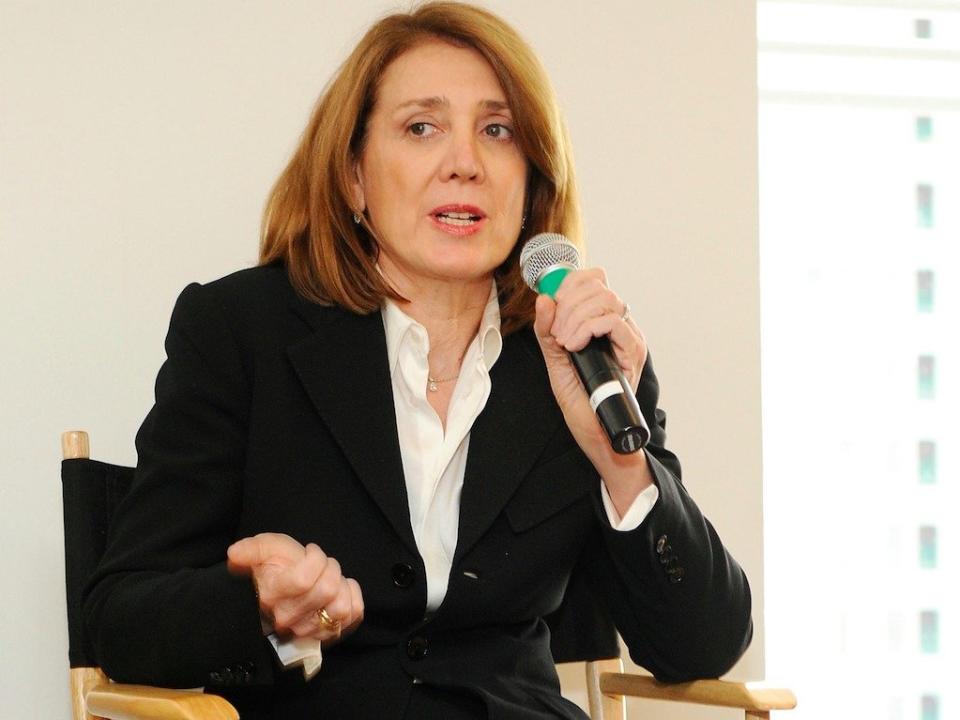Google won’t leave all the crazy ideas to the Alphabet teams, says CFO

Craig Barritt/Getty
Google CEO Ruth Porat
Last week, Google officially became Alphabet, following through on the plans announced in August to blow up its corporate structure to allow its different businesses to move faster.
Google’s CFO, Ruth Porat, who joined the company only a few months before the Alphabet announcement, just made it clear on stage at the Vanity Fair New Establishment Summit that one of the company’s core ideas isn’t going away.
Google CEO Sundar Pichai is still thinking about the “70/20/10″ rule that Larry Page and Sergey Brin set out when the company got started, she said.
The idea is that Google spends 70% of its resources on core businesses, 20% on adjacent businesses, and 10% on new exciting opportunities.
This wasn’t necessarily a foregone conclusion.
Alphabet separates the money-making and more established parts of Google — with core businesses like search, YouTube, and Android — from the businesses that used to make up that 10%, like its “moonshot” factory GoogleX, the Nest connected home products, its robotics division, and its Sidewalk Labs city-improvement projects.
Right now, almost all of Alphabet’s money comes from Google’s advertising business (with perhaps a teeny-tiny bit coming from hardware maker Nest). So, it would make sense that the remaining part of the company that’s still called “Google” would put all its energy and resources into growing the core business, while the other subsidiary Alphabet companies are working on newer opportunities like self-driving cars and curing death.
Not so, says Porat.
“Innovation within Google is still key to the overall Alphabet family as a whole,” she said.
The topic came up in response to a question about the risk of Alphabet talent no longer being able to easily move between divisions, like they could when it was all one company under Google.
The risk of losing talented employees existed before the resturcture, and it will continue to exist now that Google has become Alphabet, she said: Now, if you’re not creating the best, most creative environment, you could lose someone to another company — or another Alphabet company.
NOW WATCH: Ashley Madison hack reveals the states where people cheat the most
The post Google won’t leave all the crazy ideas to the Alphabet teams, says CFO appeared first on Business Insider.

 Yahoo Finance
Yahoo Finance 
